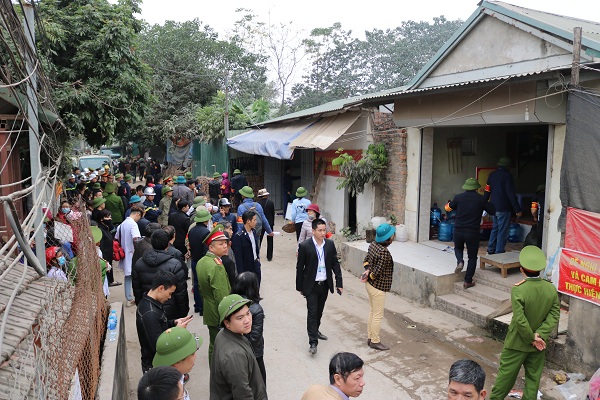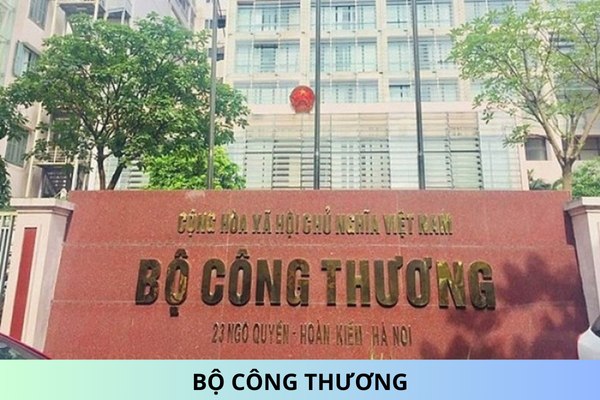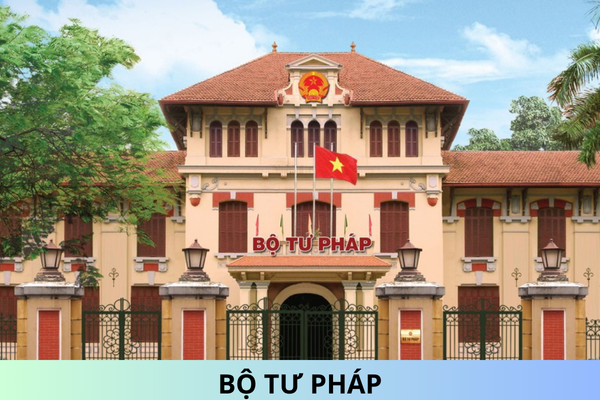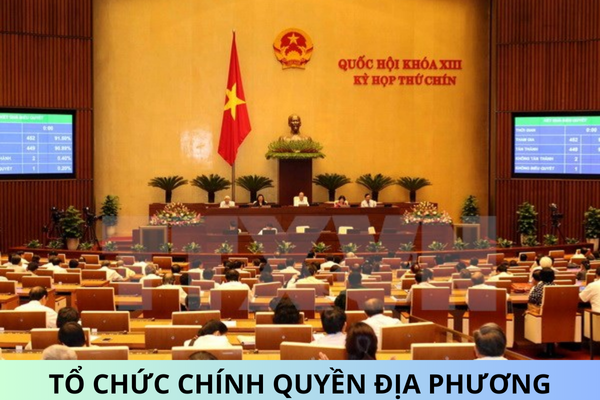Is it correct or incorrect for the public security to intervene in the enforcement of civil judgments in Vietnam?
My family entered into a loan agreement with collateral (pledge) by using our land use right certificate for our dragon fruit land. We had the agreement notarized. When the repayment deadline arrived, the borrower did not make the payment, so we took the case to court. The court ruled in our favor, and the enforcement agency seized and auctioned off the assets to satisfy the judgment (the proceeds from the auction were less than the amount owed to our family). However, just before transferring the assets to the buyer, the enforcement was postponed because the public security refused to participate in protecting the enforcement, citing the reason that the loan agreement had not been registered with the Department of Natural Resources and Environment. As a result, the funds secured for the enforcement were not prioritized for our family and had to be divided equally among other creditors who also participated. The civil enforcement agency explained to the public security that the court ruling ordered the sale of these assets to repay our debt and that the enforcement process of seizing and auctioning the assets was not meant to distribute them to other creditors (those who had filed enforcement applications before us but had their applications returned due to lack of assets). My questions are: 1. Can our family have priority in enforcing the judgment with the proceeds of the asset auction since the loan agreement was notarized and the court ruled in our favor? 2. Is it correct for the public security to insist on dividing the auction proceeds equally among all creditors, including our family? 3. What should our family do when the public security refuse to cooperate in protecting the enforcement and transferring the assets to the winning bidder?

Is it correct or incorrect for the public security to intervene in the enforcement of civil judgments in Vietnam? - image from internet
Your question does not specify the timing of the enforcement of the judgment. The Law on Enforcement of Civil Judgments in 2008 and the guiding documents below this law provide the following instructions:
1. According to Clause 3 Article 47 of the Law on Enforcement of Civil Judgments in 2008, proceeds from the sale of assets in collaterals or mortgages or sale of assets ruled to be distrained to secure the fulfillment of a specific obligation shall be paid first of all for the secured obligation after subtracting judgment enforcement expenses.
Therefore, according to the provisions of the law, your family is entitled to priority in enforcing the judgment with the proceeds from the auction of the collateralized assets to ensure the enforcement.
2. According to Clause 1 and 2, Article 20 of the Law on Enforcement of Civil Judgments in 2008, the tasks and powers of enforcers as follows:
"To promptly organize the enforcement of judgments or rulings assigned to them; to issue judgment enforcement decisions according to their competence."
"To strictly enforce contents of judgments or rulings; to correctly apply legal provisions on the order of and procedures for judgment enforcement, ensuring the interests of the State and the rights and legitimate interests of involved parties and persons with related interests and obligations; and to strictly observe regulations on standard professional ethics of enforcers."
According to Clause 2, Article 169 of the Law on Enforcement of Civil Judgments in 2008, the tasks and powers of the Public Security Ministry in civil judgment enforcement are as follows:
"To direct police offices in protecting judgment enforcement activities, and coordinating with one another in protecting material evidence warehouses of civil judgment enforcement agencies when necessary"
Therefore, according to the provisions of the law, the police have the duty to protect the organization of enforcement by coercion by the enforcement officer and do not have the right to demand that the civil enforcement agency pay the enforcement costs to those who are not entitled to priority according to Clause 3, Article 47 of the Law on Enforcement of Civil Judgments in 2008.
Clause 4 Article 2 of Joint Circular No. 14 dated July 11, 2011, issued by the Ministry of Justice, the Ministry of Finance, the Ministry of Public Security, the Supreme People's Court, and the Supreme People's Procuracy, provides guidance on the activities of the Steering Committee for the Enforcement of Civil Judgments, specifying the duties and powers of this committee. "Advise and assist the same-level People's Committees in directing the organization and coordination of relevant agencies and organizations with the civil enforcement agency in organizing the enforcement by coercion of civil judgments in cases specified in Article 1 of this Joint Circular."
Therefore, if the police do not cooperate in the enforcement by coercion, the civil enforcement agency should report the case to the Steering Committee for the Enforcement of Civil Judgments and the superior civil enforcement agency according to the regulations.
Best regards!










